Blog
Norway: home of the nerdy happy people in the north
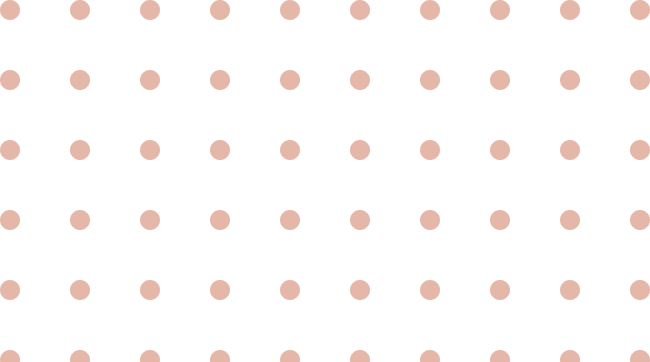
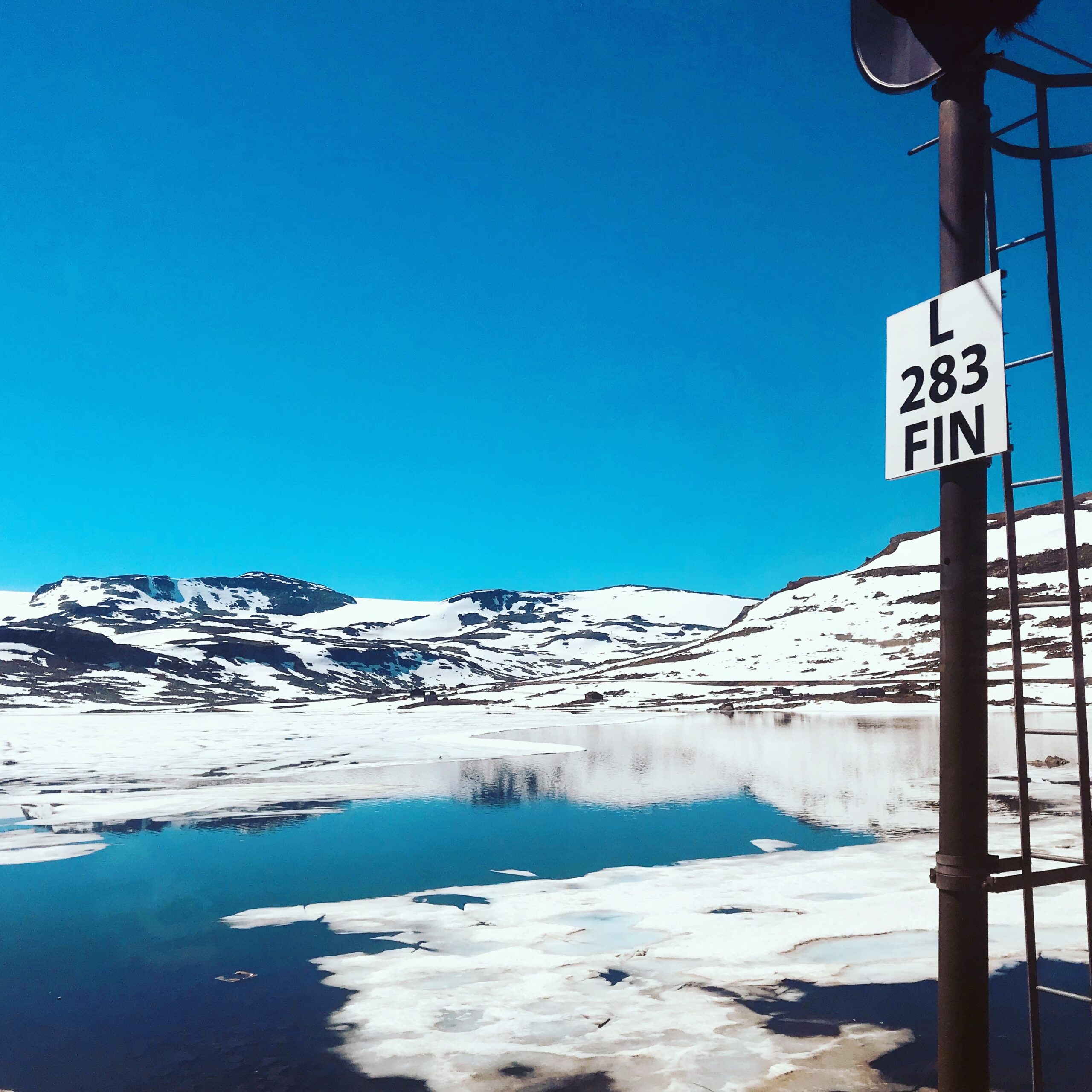
Norway: home of the nerdy happy people in the north
June 22, 2018
The most common reason people visit Norway is to experience the country’s magnificent landscape, the natural beauty of the fjords. But what I learned about Norwegian society during my visit was even more magnificent.
Through a mutual friend, I was connected with a native Norwegian living in Oslo who graciously offered me a stay in his house about thirty minutes outside the city center. During the week that his four school-aged kids were home, we engaged in many discussions on the similarities and differences between American and Norwegian cultures.

At first, I was taken aback when I walked down the streets, acknowledging people I passed with a smile and a greeting. In response, they would either look away or stare at the ground, avoiding eye contact as they walked on. After inquiring with a few locals about my experience, I learned that the behavior is simply the product of a self-contained culture. As I opened myself up to better understanding it without judgment, I began to adapt while still clinging to the few exciting moments when I got a reciprocal smile or, better yet, a greeting.
Despite this little quirk, Norwegian society is one of the most inclusive and progressive that I’ve encountered. In this small country with a population of around five million, 83.2% are ethnic Norwegians. Yet, as a minority in Norway, I was never made to feel out-of-place. For the first time in my life, no one asked me where I was from, a common question I receive both in the US and abroad. A constant reminder that I look like I don’t belong.
The kids validated the inclusiveness with which they grew up. They have friends from different backgrounds. They learned to treat people equally and embrace other cultures. When I cooked Indian food for them, the eight-year-old youngest son asked if he can eat with his hands. They had learned how at a cultural day at school. He ate his rice with the impressive skill of a little Indian boy. That just melted my heart.
The central tenet to Norway’s humanistic philosophy is best demonstrated through its restorative justice system. This is in stark contrast to the largely retributive system of the US. In Norway, there is a twenty-one year maximum prison term limit for all crimes, including violent crimes, though there are some exceptions. The focus is on healing for all involved and not punishment. The national murder rate, or homicide rate per 100,000 inhabitants, in Norway is 0.6 as compared to 5 for the US. The country ranks 29th in total crimes while the US comes in at number 1. The list goes on and not in our favor. Whether you agree with the philosophy or not, it’s hard to dispute the statistics.
Also not surprising is that bullying is unacceptable in Norwegian society. The primary goal when it does occur is not punishment. Rather, it is to discuss the root cause of the problem and change the behavior. Teachers play a pivotal role. In some schools, this approach has lowered the rates of bullying by 50%. This piece describes a program called the Norwegian Project which illustrates the country’s approach.
Of note is that the two older the girls, both of whom are teenagers, spoke highly of their experiences in school and interactions with their teachers. They described the classroom setting as relaxed and the teachers as approachable, often being the ones to whom they turn to help resolve conflicts.
My host, and friend, proudly characterizes his fellow Norwegians as the “weird, nerdy, happy people in the north”. After almost three weeks here, I can’t say I disagree. I’m in awe of how effectively Norwegians have come together to embrace a common set of values and philosophy on humanity. We could all learn a thing or two about unity and progress from our nerdy, happy neighbors in the north.
Discover more from diannajacob.com
Subscribe to get the latest posts sent to your email.
Recent News

About Dianna
May 29, 2024

On Being Single and Child-Free
July 31, 2022
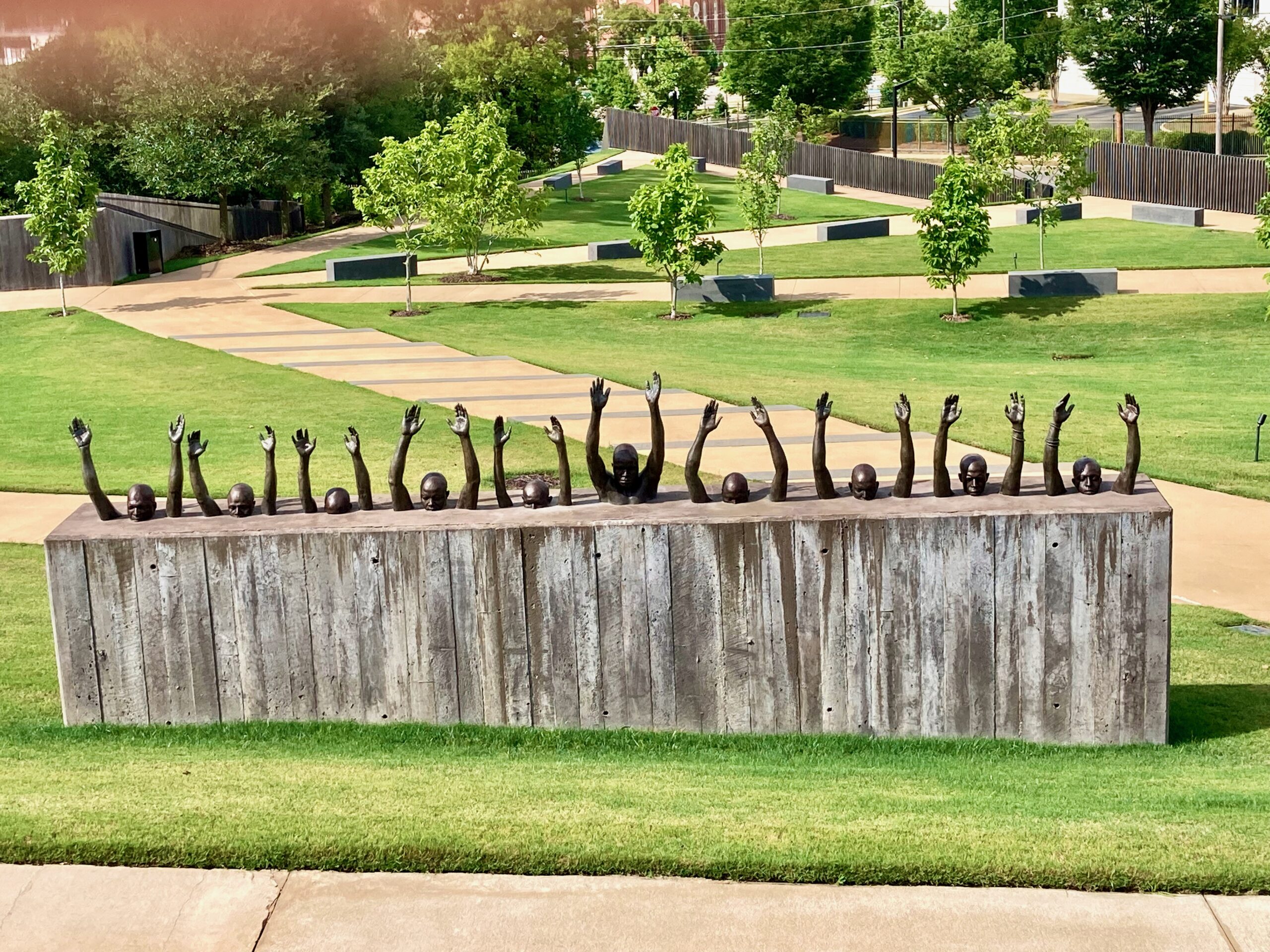
Relearning American History: A Self-Guided Tour of the South
July 7, 2021

Racism: A Global Pandemic
June 8, 2020
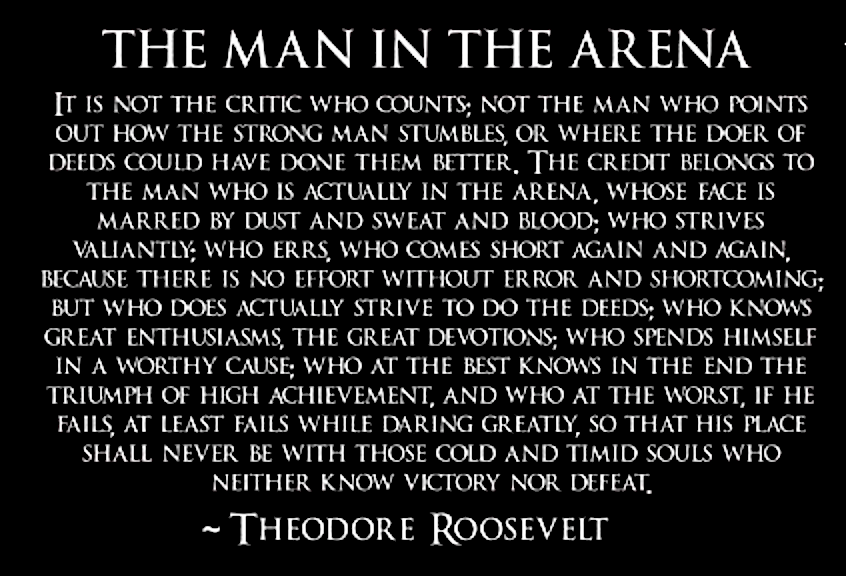
Daring Greatly
August 23, 2019
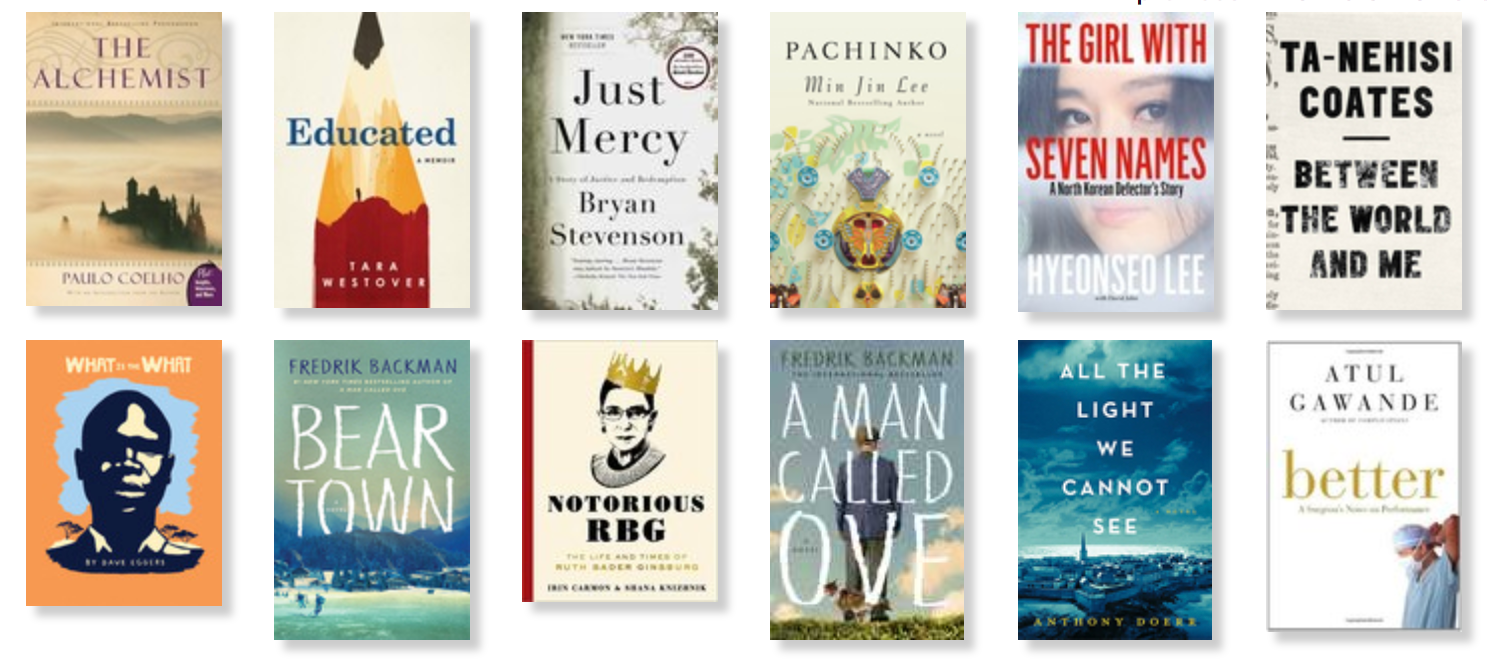
Becoming a Better Me
January 10, 2019


